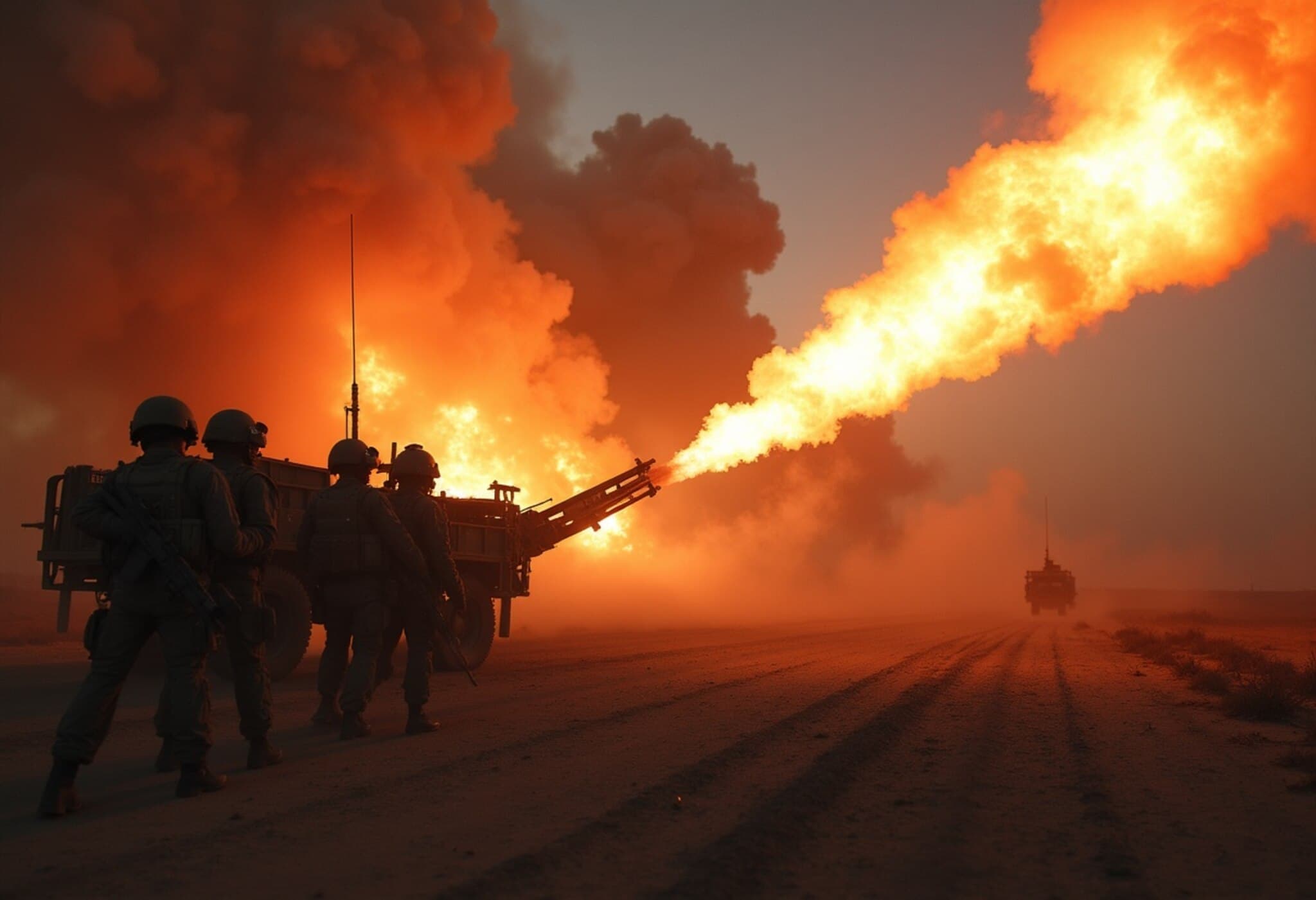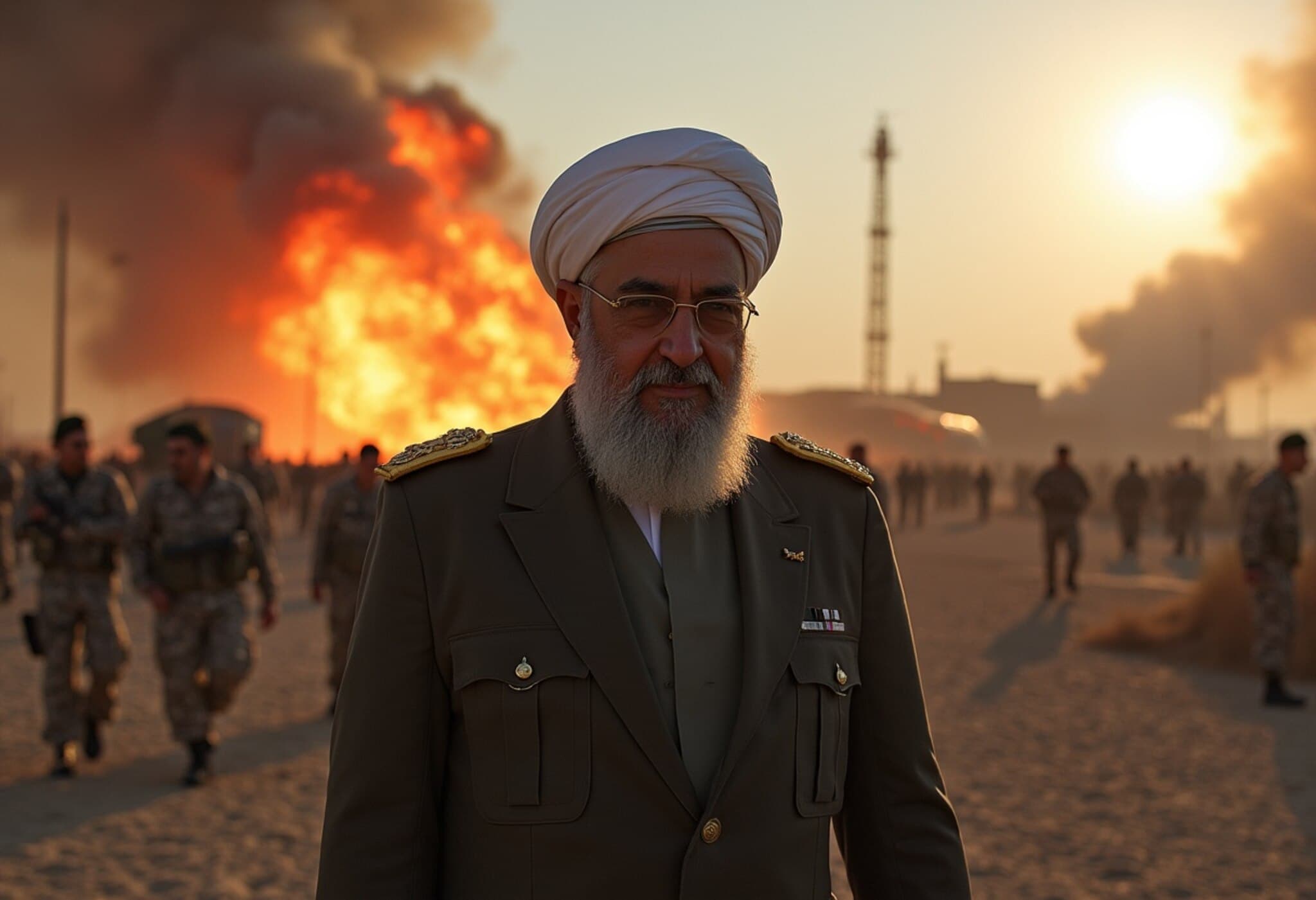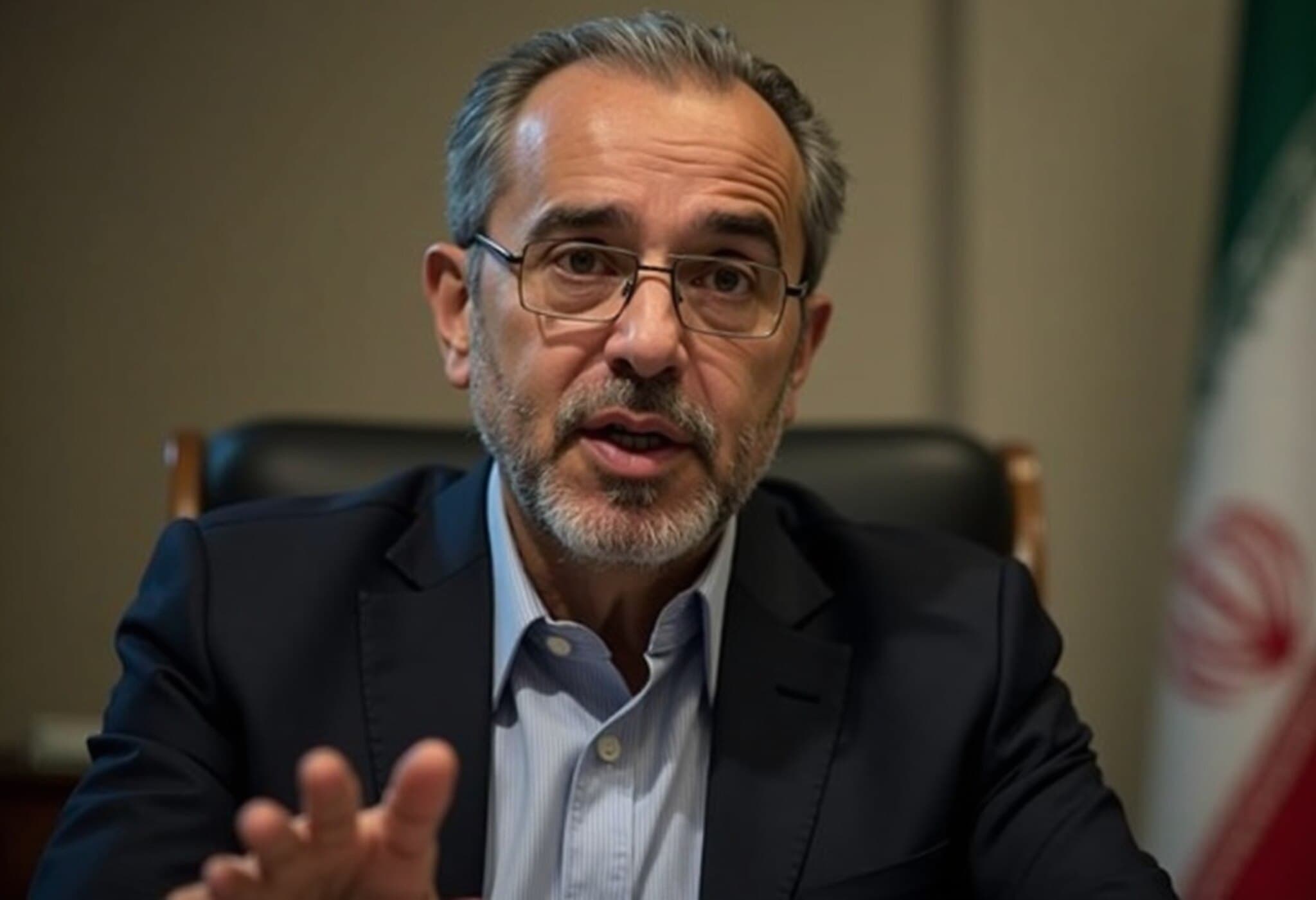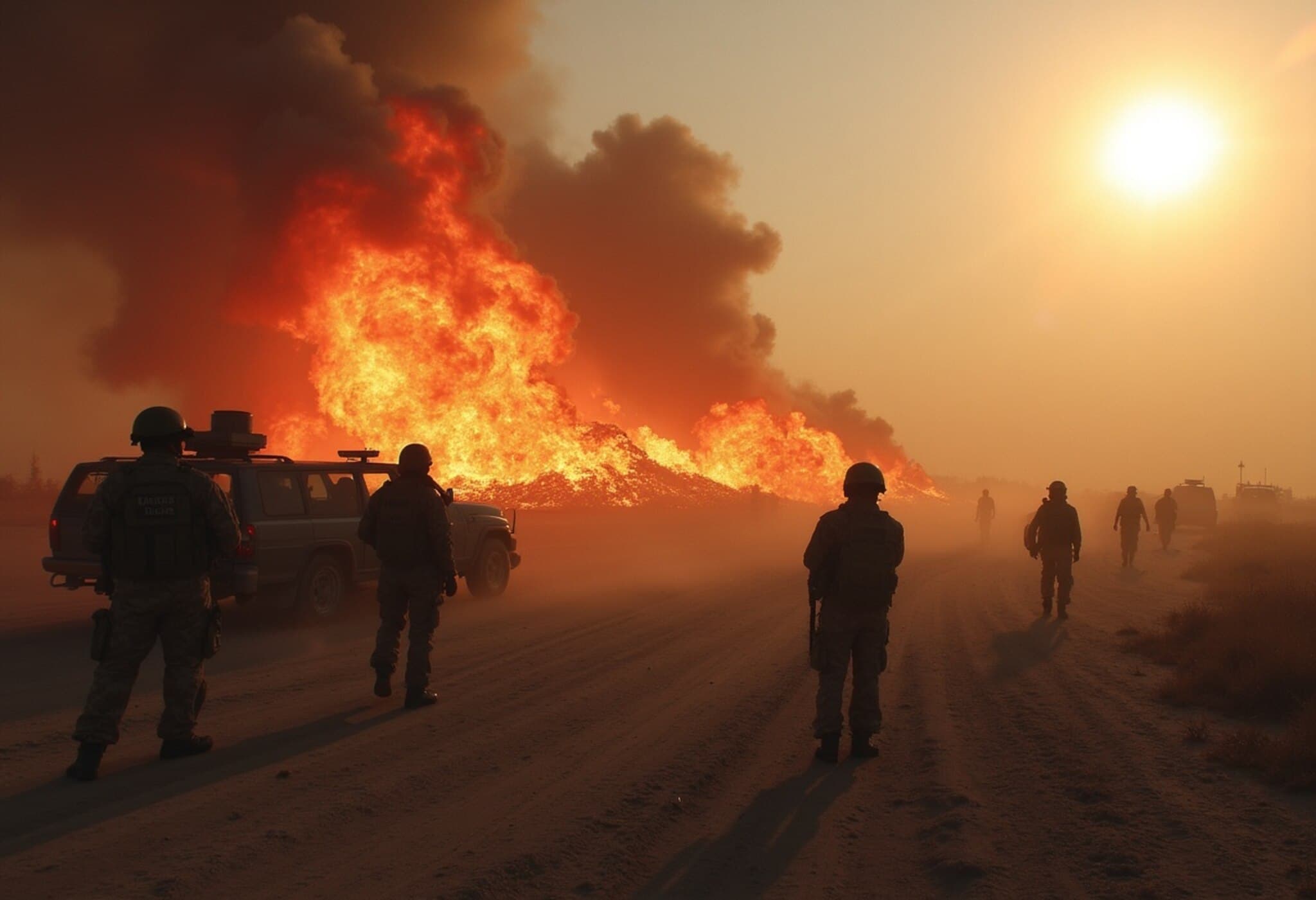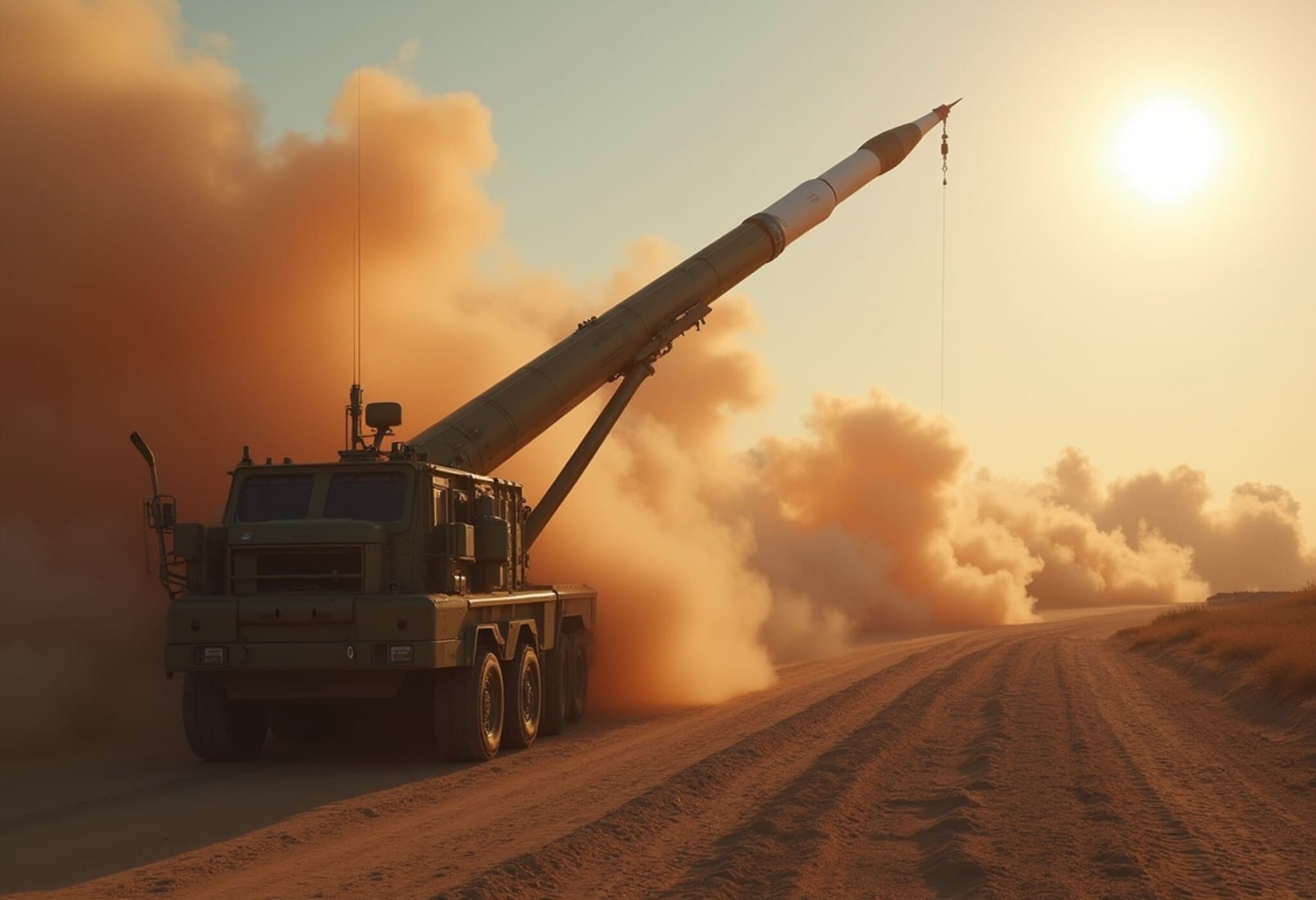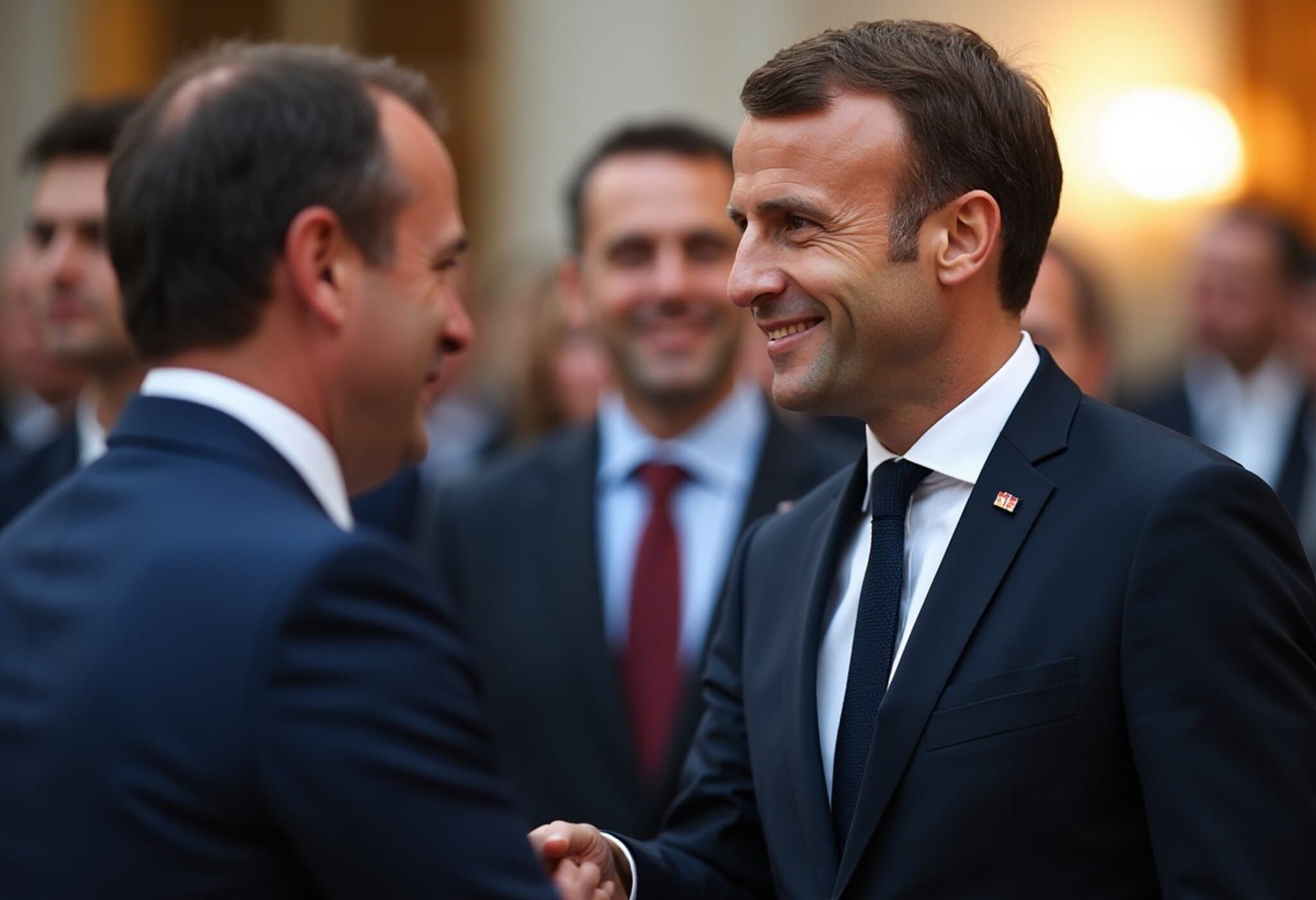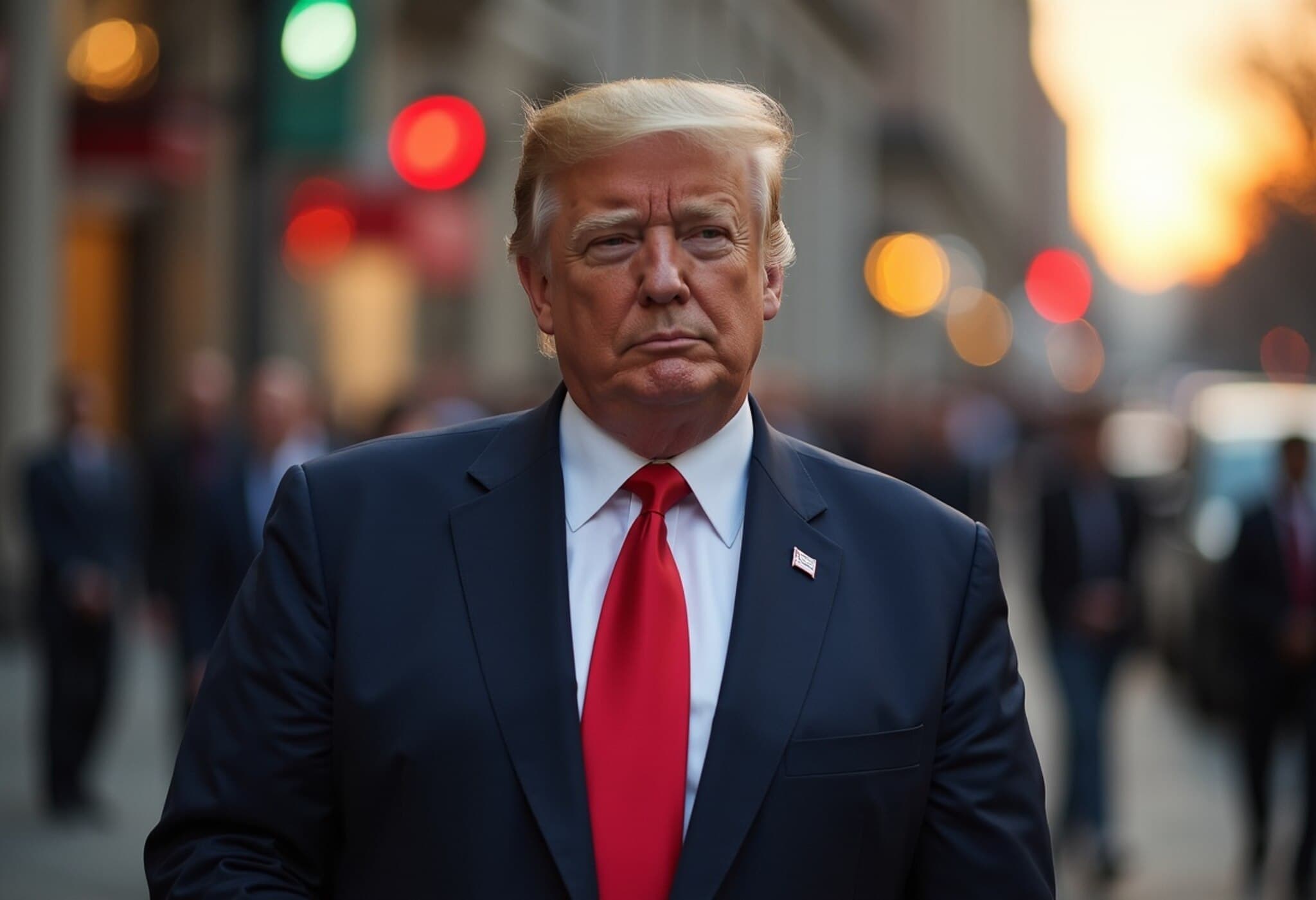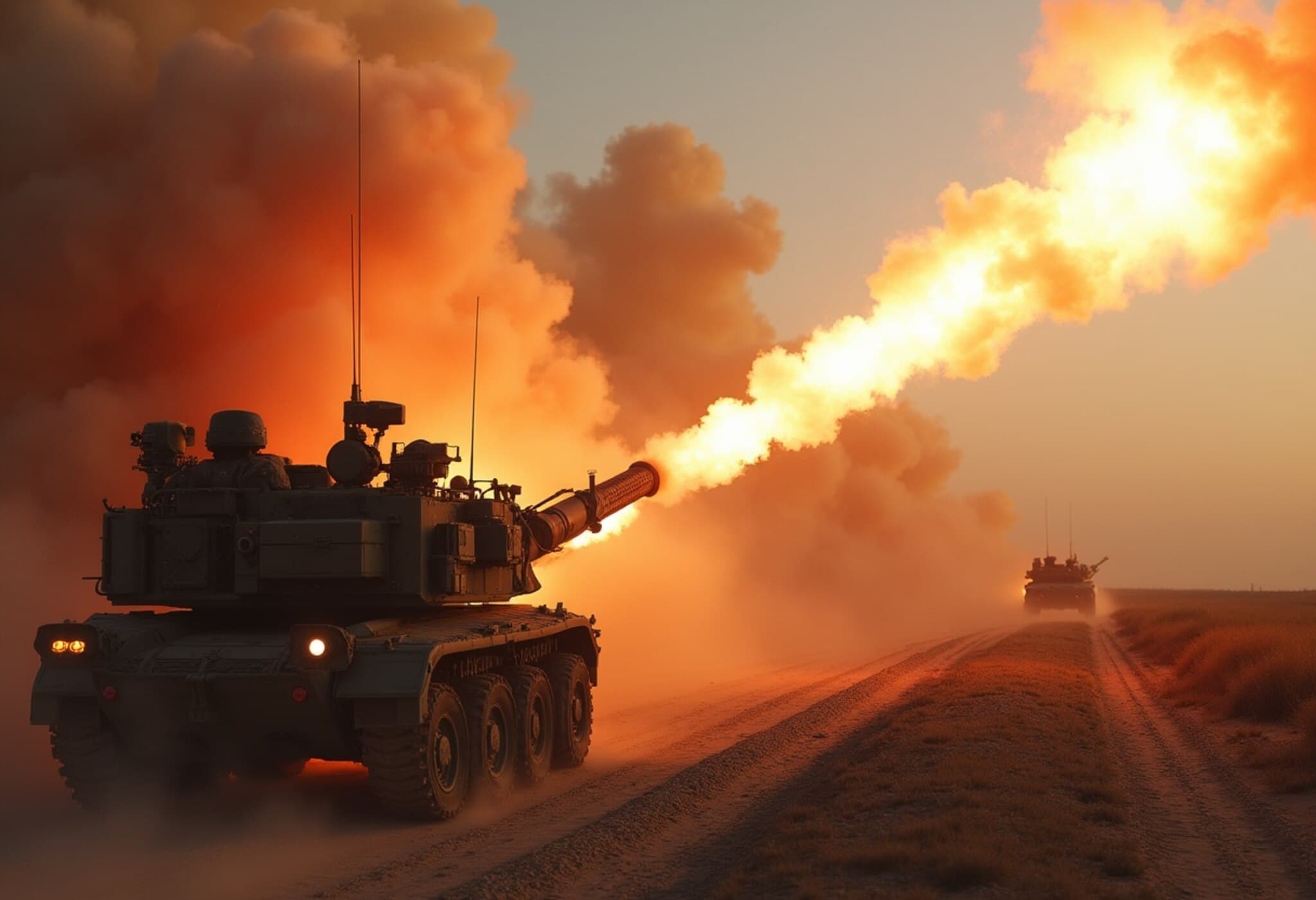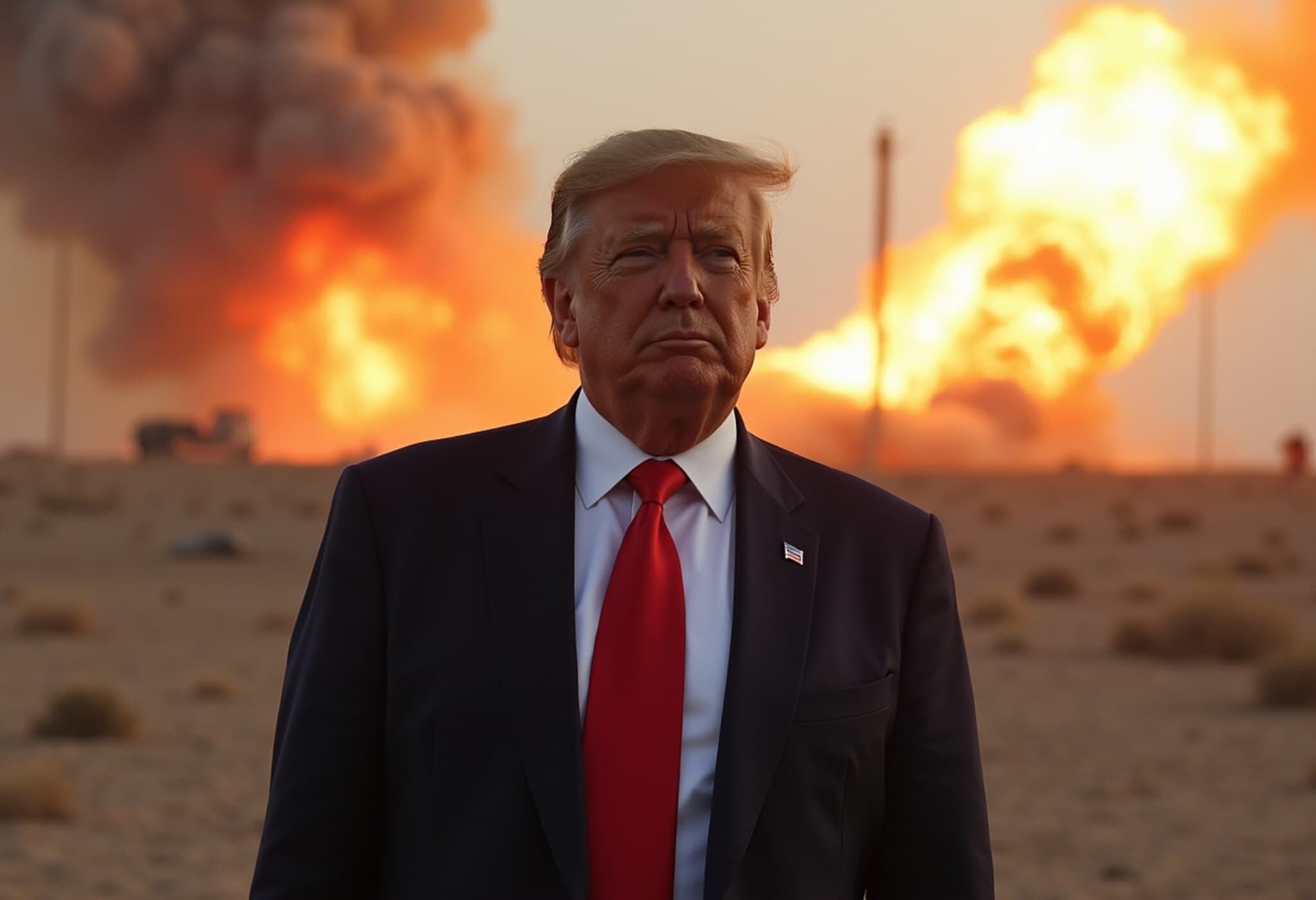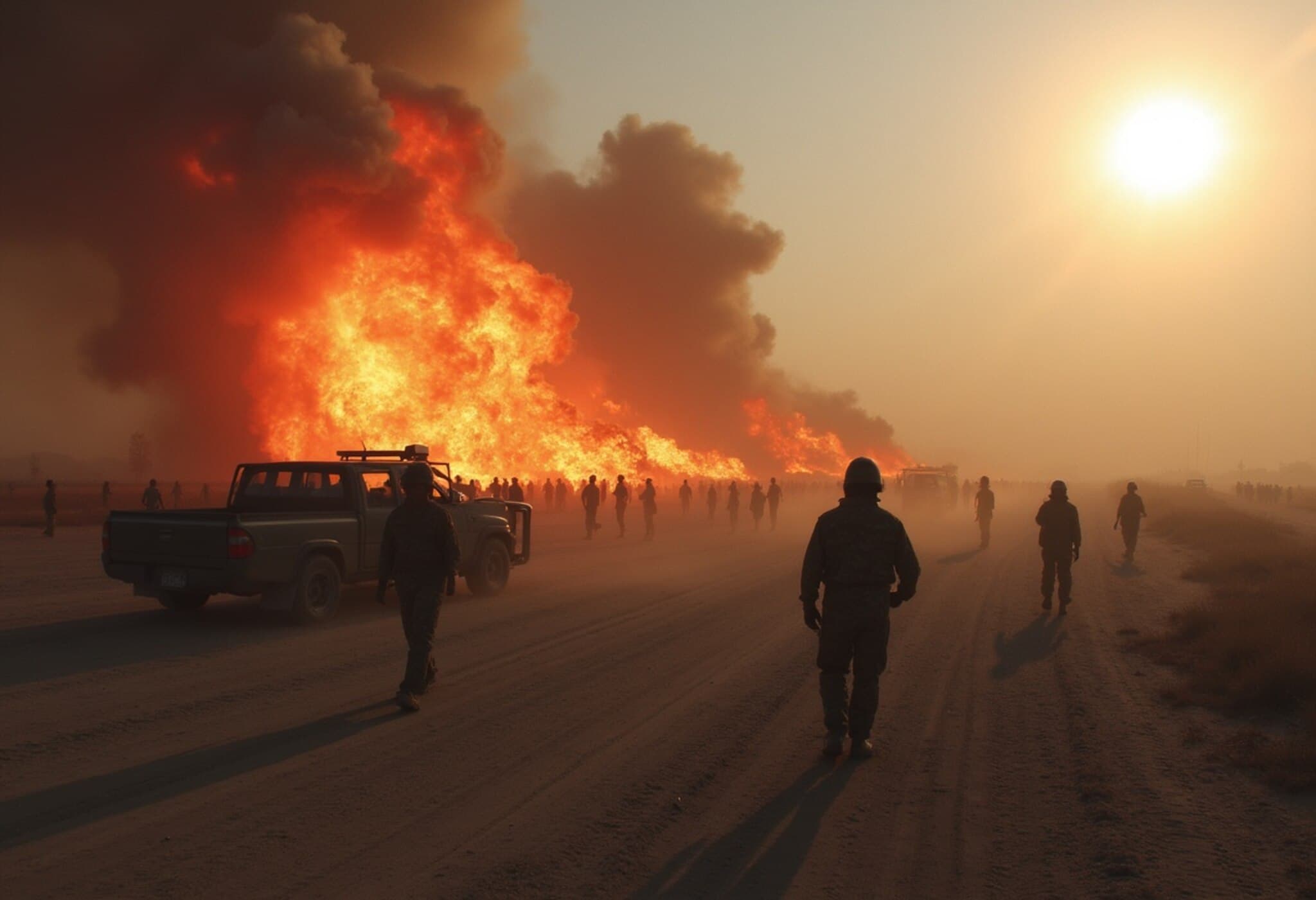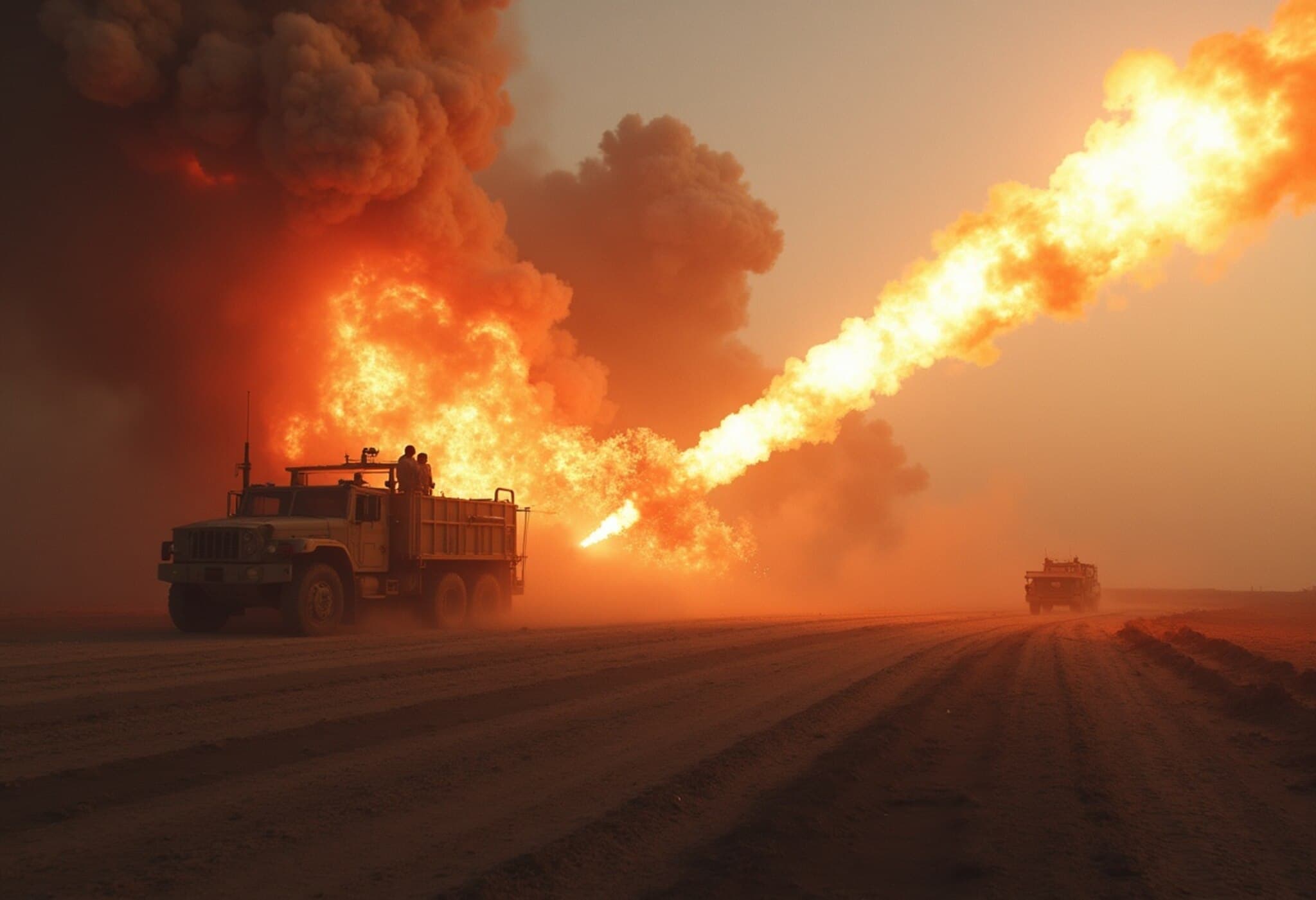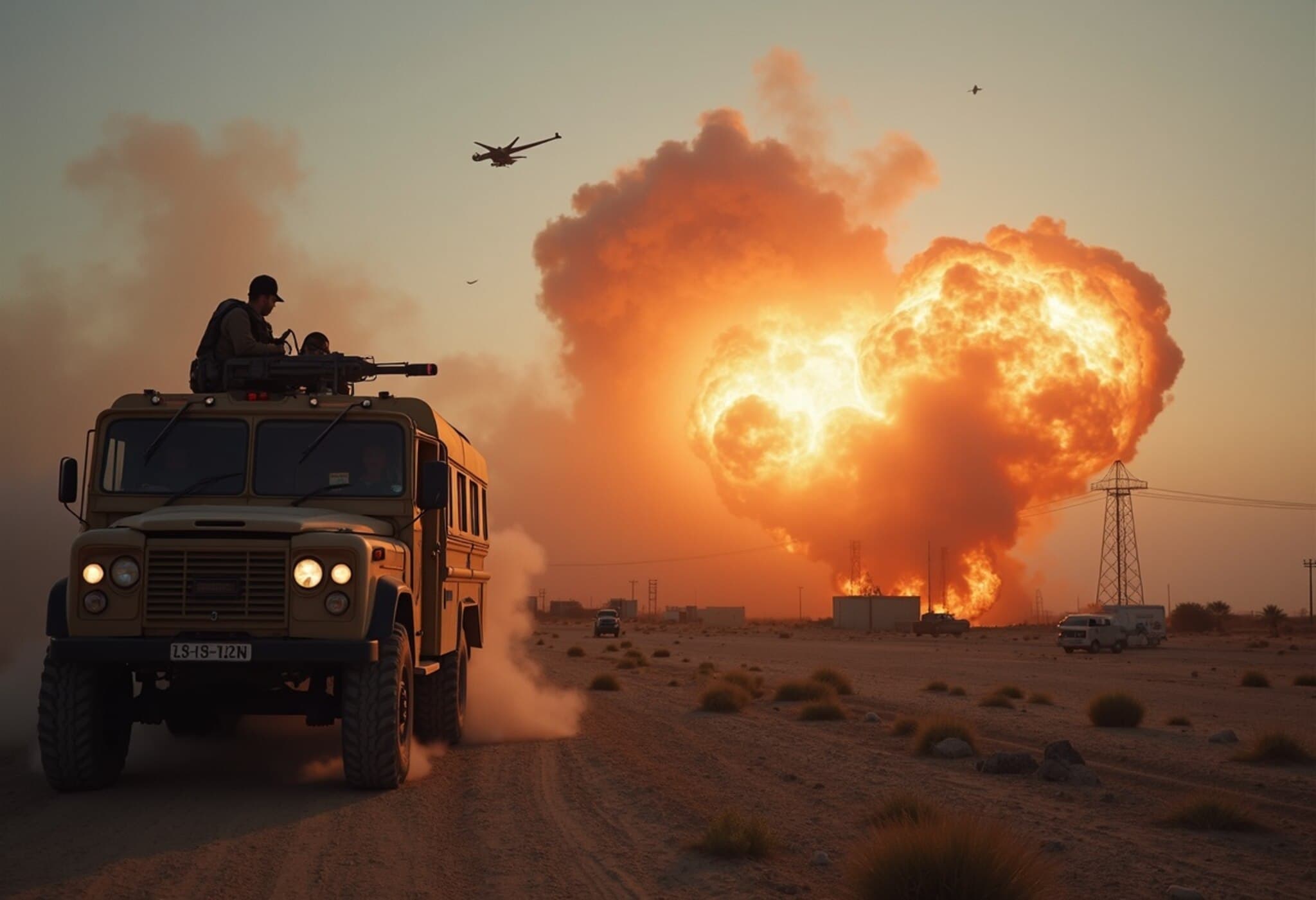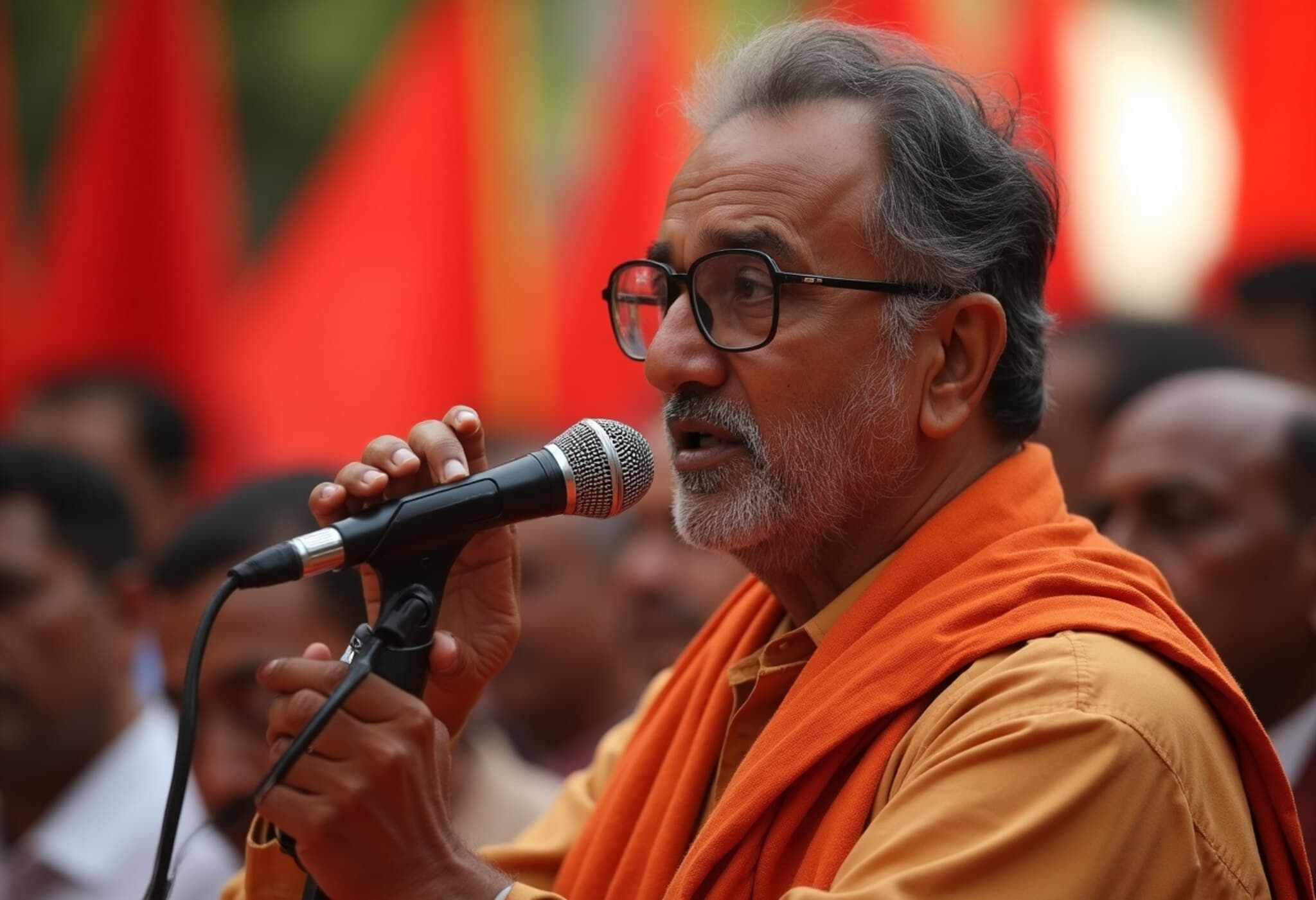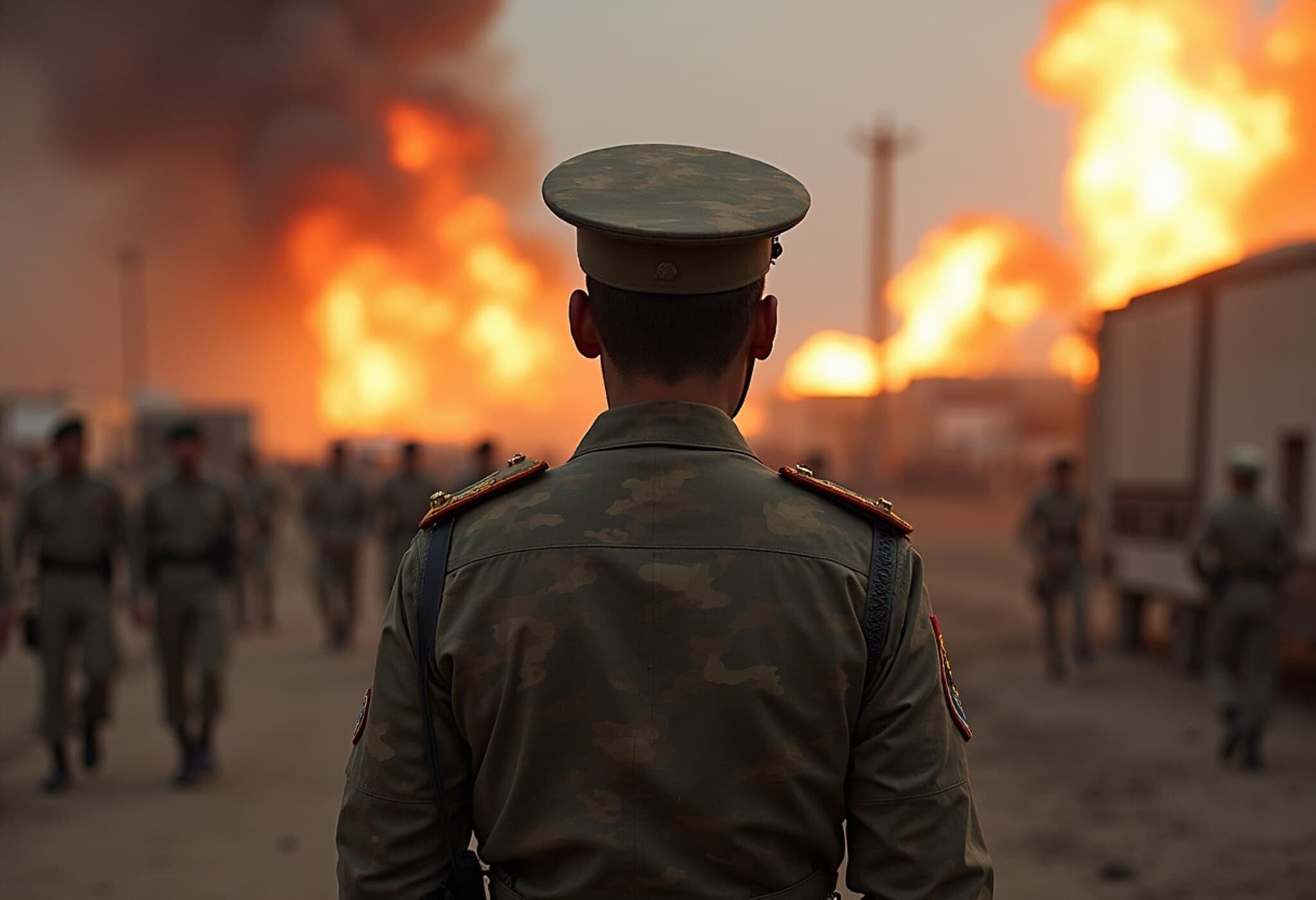UN Security Council to Address Israel’s Strikes on Iran
The United Nations Security Council is scheduled to meet on Friday in response to recent Israeli military strikes targeting Iran. This meeting follows a formal request by Iran’s Foreign Minister, emphasizing the gravity of the situation and calling for international intervention.
Iran Demands Accountability and Reaffirms Right to Self-Defense
In a letter to the 15-member Council, Iran’s Foreign Minister Abbas Araghchi condemned the Israeli attacks, warning that Israel has "crossed every red line." He urged the global community not to let these acts go unpunished, describing Israel’s moves as violations of Iran’s sovereignty and territorial integrity.
Araghchi highlighted Iran’s commitment to defend itself under Article 51 of the UN Charter, which guarantees the right of individual or collective self-defense against armed aggression. He vowed that Tehran would respond both decisively and proportionately to what it terms "unlawful and cowardly acts."
Details of the Israeli Strikes
On the same day, Israel launched a series of attacks across key Iranian sites. Israeli officials stated that they targeted nuclear facilities along with missile factories, eliminating several military commanders in a coordinated strike. The operation is seen by many as part of an ongoing effort to prevent Iran from developing nuclear weapons.
These strikes mark a significant escalation in the already tense relations between the two nations, with grave implications for regional stability. Iran has labeled the attacks as "acts of aggression and war crimes," calling on the Security Council to respond firmly.
The Broader Implications
The Security Council’s deliberations will be closely watched globally, as they come at a critical juncture in Middle Eastern geopolitics. The outcome could influence not only diplomatic relations but also the future trajectory of security measures and potential conflict in the region.
- UN Security Council meeting: Friday, June 13, 2025
- Key parties involved: Israel and Iran
- Article invoked: Article 51 of the UN Charter (right to self-defense)
The international community now faces the challenge of navigating this volatile situation to avoid further escalation while upholding international law and sovereignty principles.

